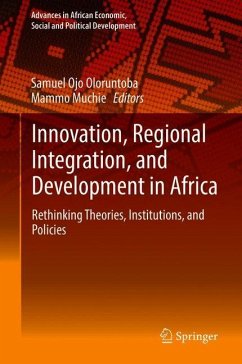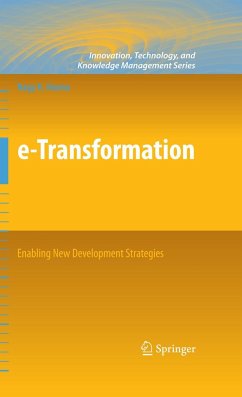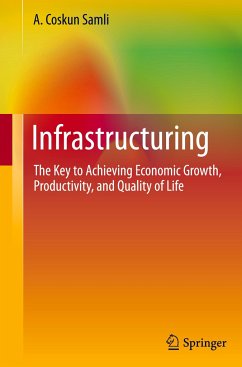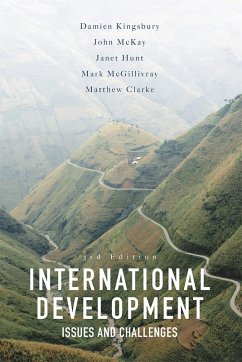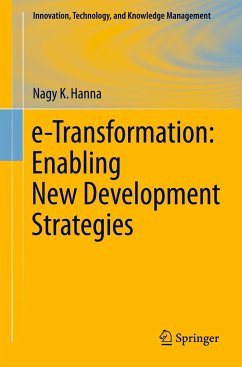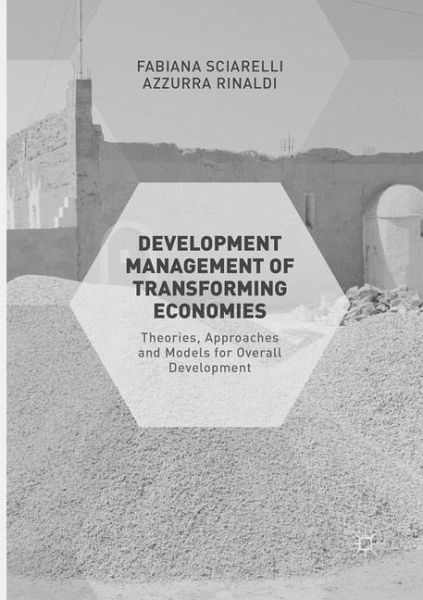
Development Management of Transforming Economies
Theories, Approaches and Models for Overall Development
Versandkostenfrei!
Versandfertig in 6-10 Tagen
106,99 €
inkl. MwSt.
Weitere Ausgaben:

PAYBACK Punkte
53 °P sammeln!
This insightful book offers a new and innovative tool in the study of development. The authors propose 'The Overall Development Model' which provides a strategy for long-term, sustainable and adaptable development for countries around the globe. Starting with a comprehensive study into what development is and how it is achieved, Development Management of Transforming Economies critically analyzes current development schemes within transforming economies and examines their various actors both international and local, public and private. It examines the implementation of health, education and ec...
This insightful book offers a new and innovative tool in the study of development. The authors propose 'The Overall Development Model' which provides a strategy for long-term, sustainable and adaptable development for countries around the globe. Starting with a comprehensive study into what development is and how it is achieved, Development Management of Transforming Economies critically analyzes current development schemes within transforming economies and examines their various actors both international and local, public and private. It examines the implementation of health, education and economic strategies of countries in Africa and Asia that have either undergone a development process, experienced slow but steady progress, or are just beginning to pursue a development strategy. In considering human development as a whole, the authors assert a new method of development that includes the developing population, and highlights the need for countries to define their own unique development process.









